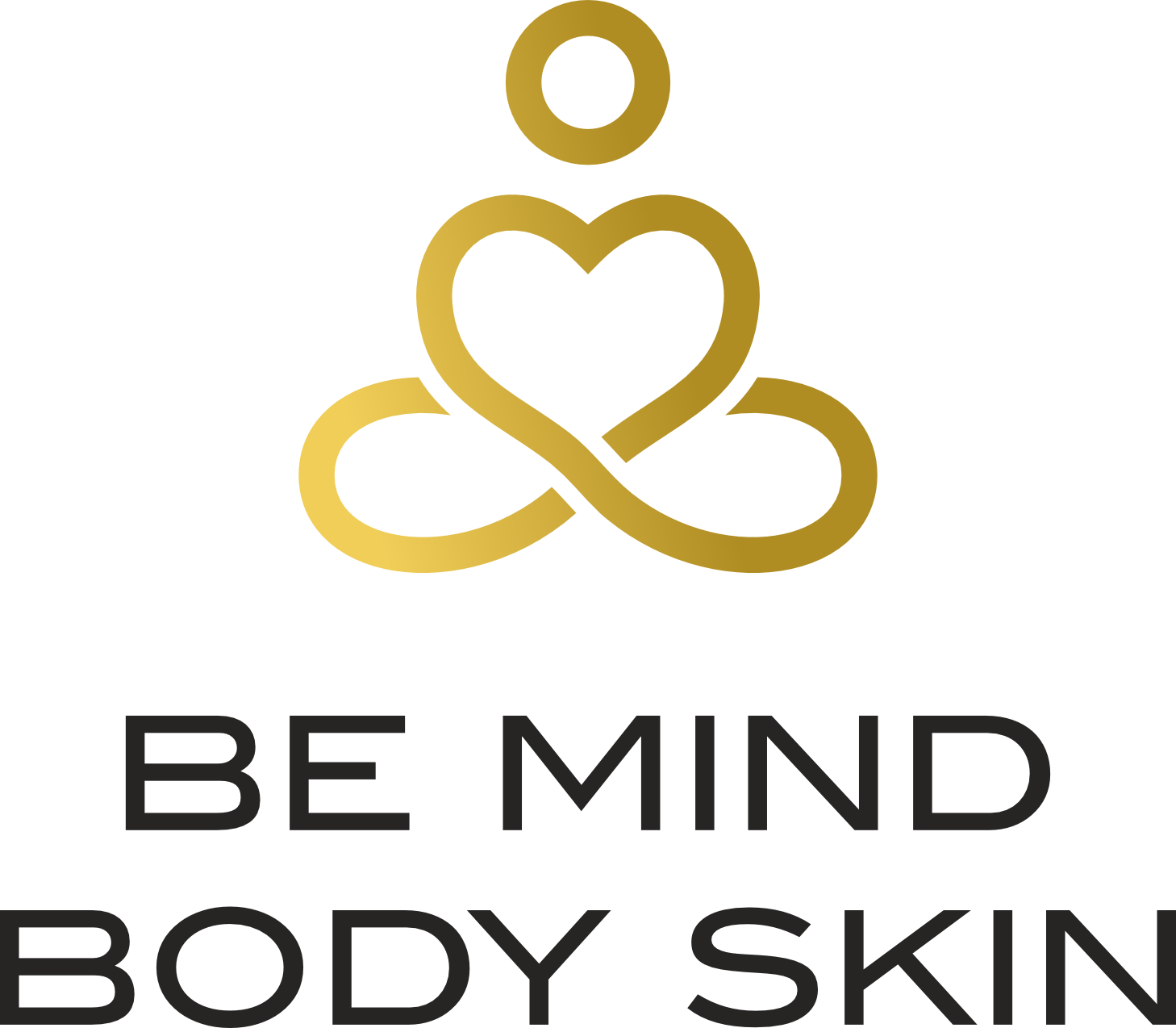Correlation between Diet and Skin aging
Skin aging is characterized by features such as wrinkling, loss of elasticity, laxity, and rough-textured appearance on your skin. These skin changes and ageing can be caused due to a lot of factors like environmental factors, genetic makeup, nutrition etc. With aging, the outer skin layer (epidermis) thins, even though the number of cell layers remains unchanged.
Melanocytes or the pigment containing cells decreases. Whereas the remaining melanocytes increase in size. Aging skin looks thinner, paler, and clear (translucent).Pigmented spots including age spots can appear on your skin.
Recently, the topic that currently attracts maximum attention is ways to maintain healthy skin and delay skin aging. Remember, an imbalance in nutrition and poor eating habits are important causes of skin aging.
Nutritional Constituents
Effects on Skin
Water
Lack of water in the body can cause tissue dehydration and functional disorders (such as aging and inflammation). Skin is no exception, and the appearance of the skin on lips and limb is a direct reflection of the body’s moisture status.
Vitamins
Vitamin deficiency affects skin health. The lack of vitamins in the body can cause skin disorders. For example, lack of vitamin C causes the symptoms of scurvy such as fragile skin and impaired wound healing.
Proteins
The skin renewal cycle is generally considered to be 28 days. Protein deficiency or excessive intake can cause metabolic disorders and affect physical health
Trace Elements
Trace elements like iron, iodine, zinc, and copper are closely related to skin immunity and inflammation, and the homeostasis of copper and zinc ions in psoriasis patients may be a potential target for treating psoriasis
Remember, only oral supplementation is not enough to improve the skin. The combination of oral and external skin penetration should be the safest and the most effective way to improve skin aging.


